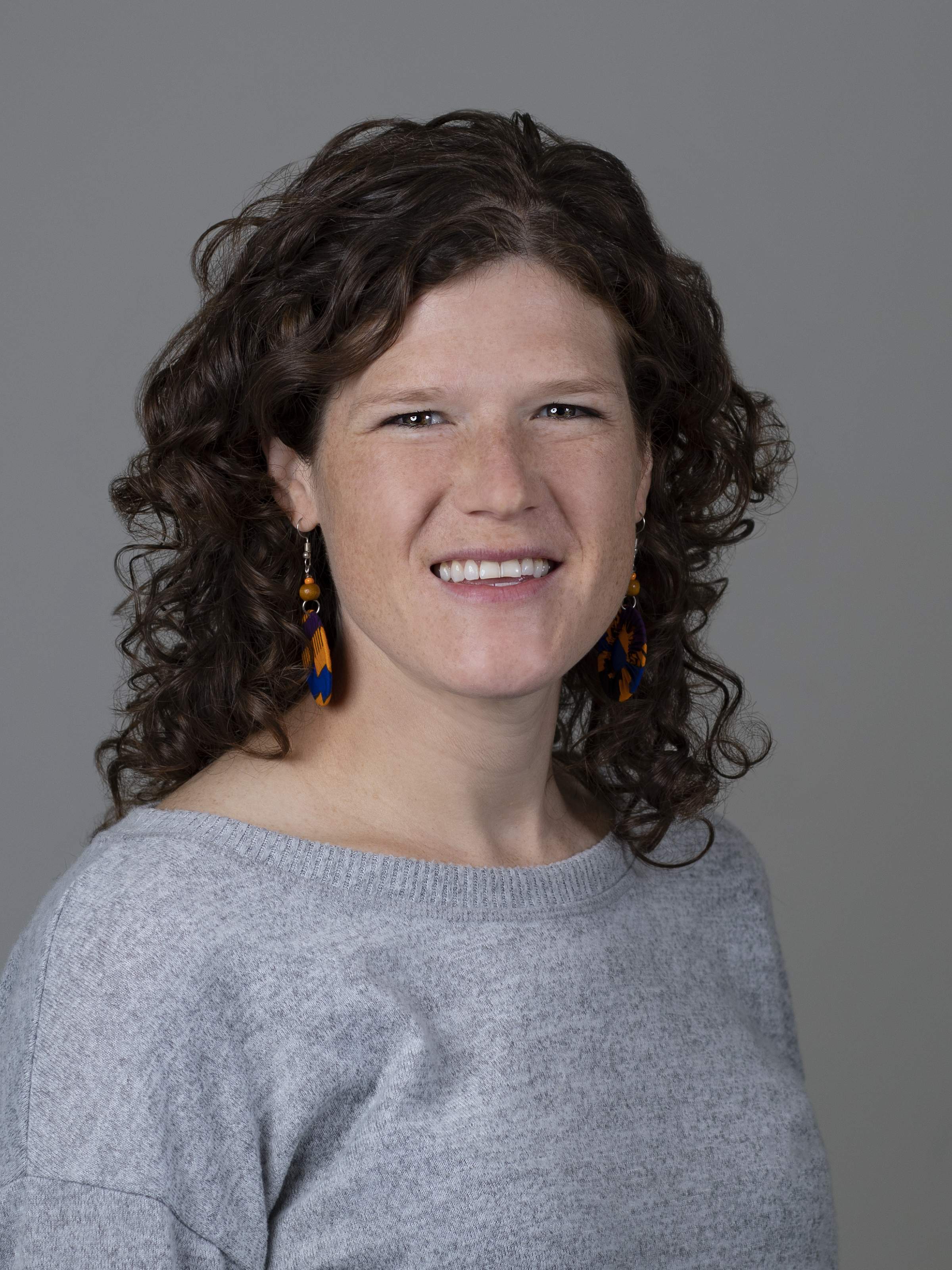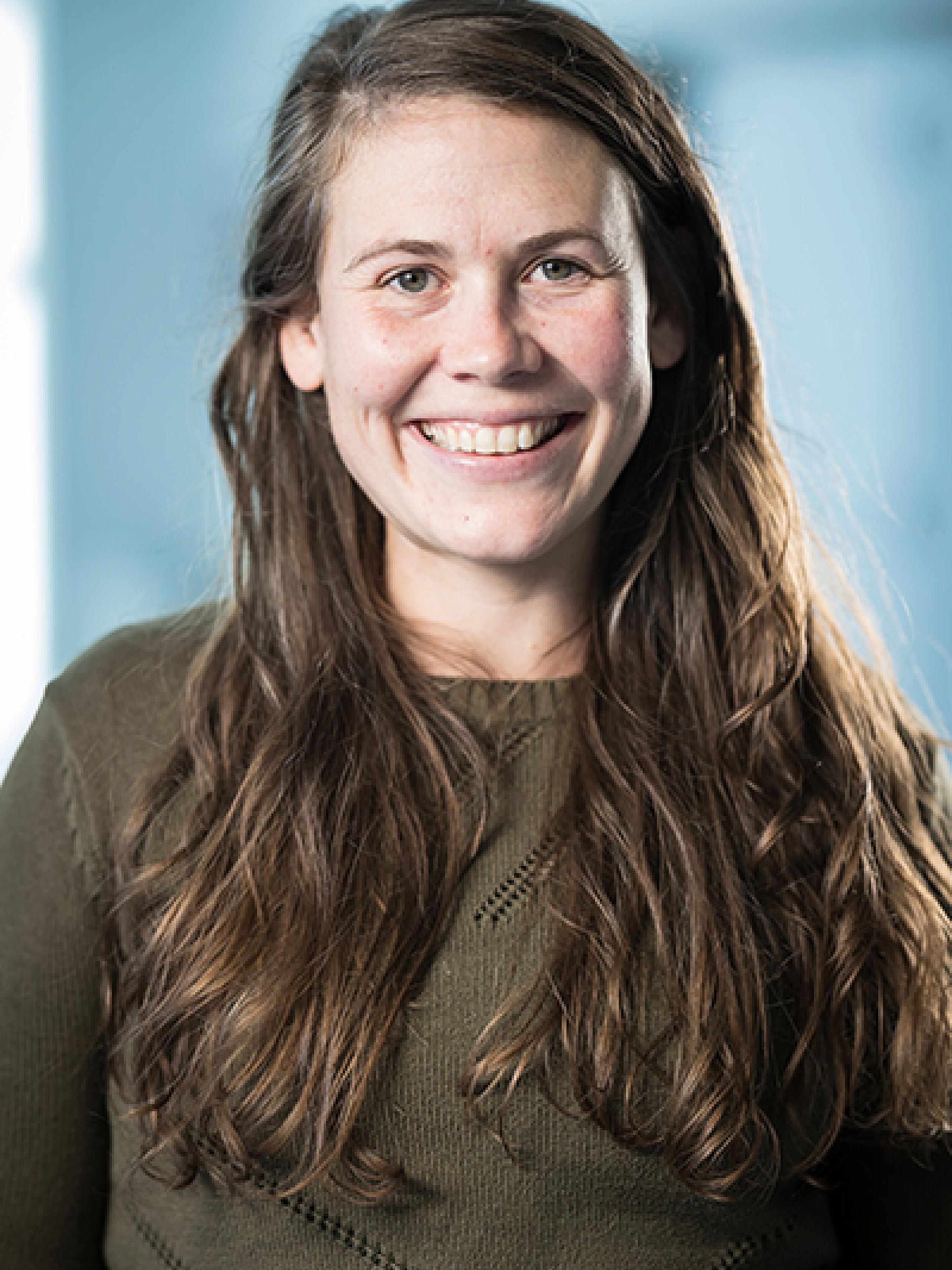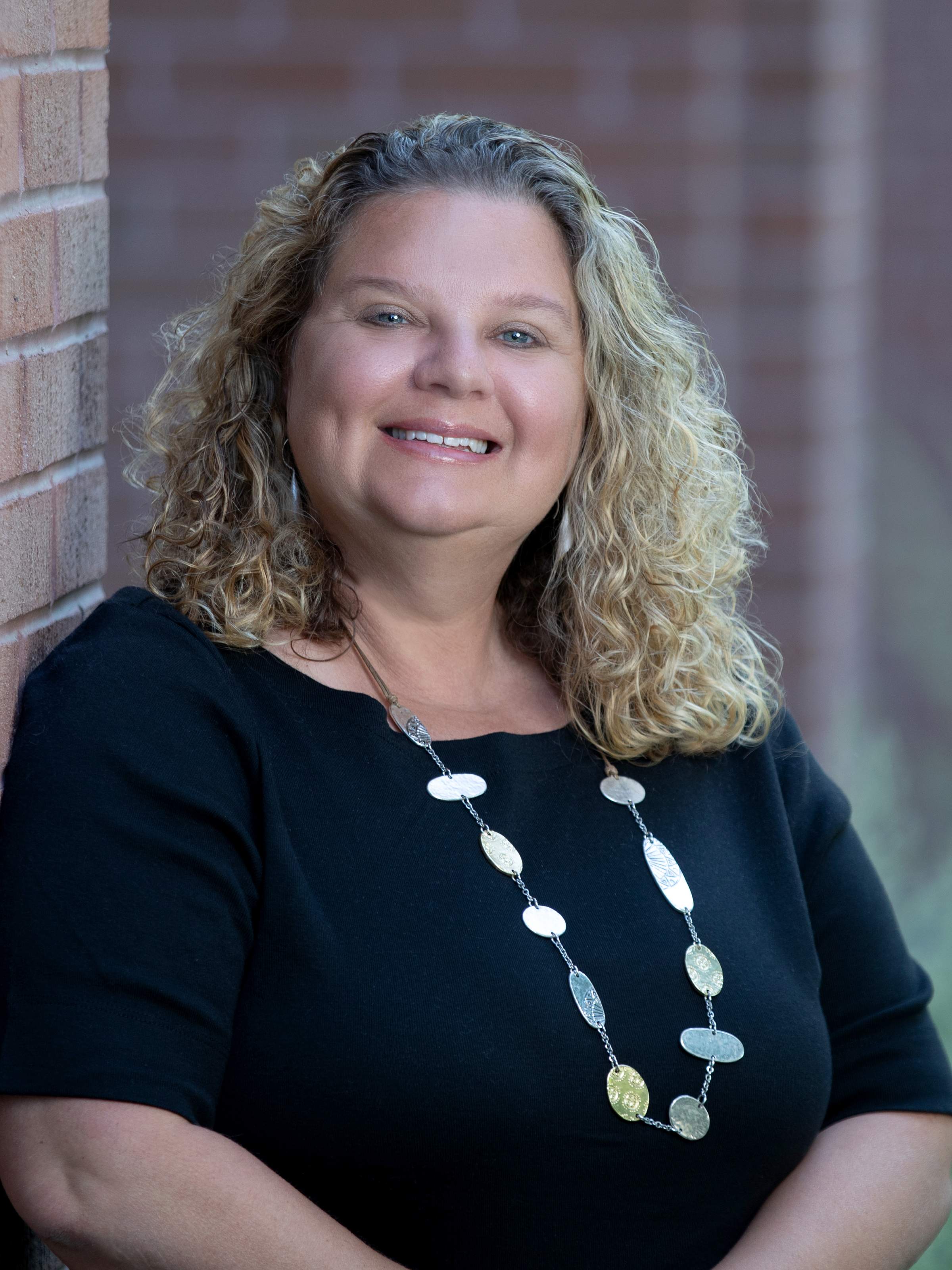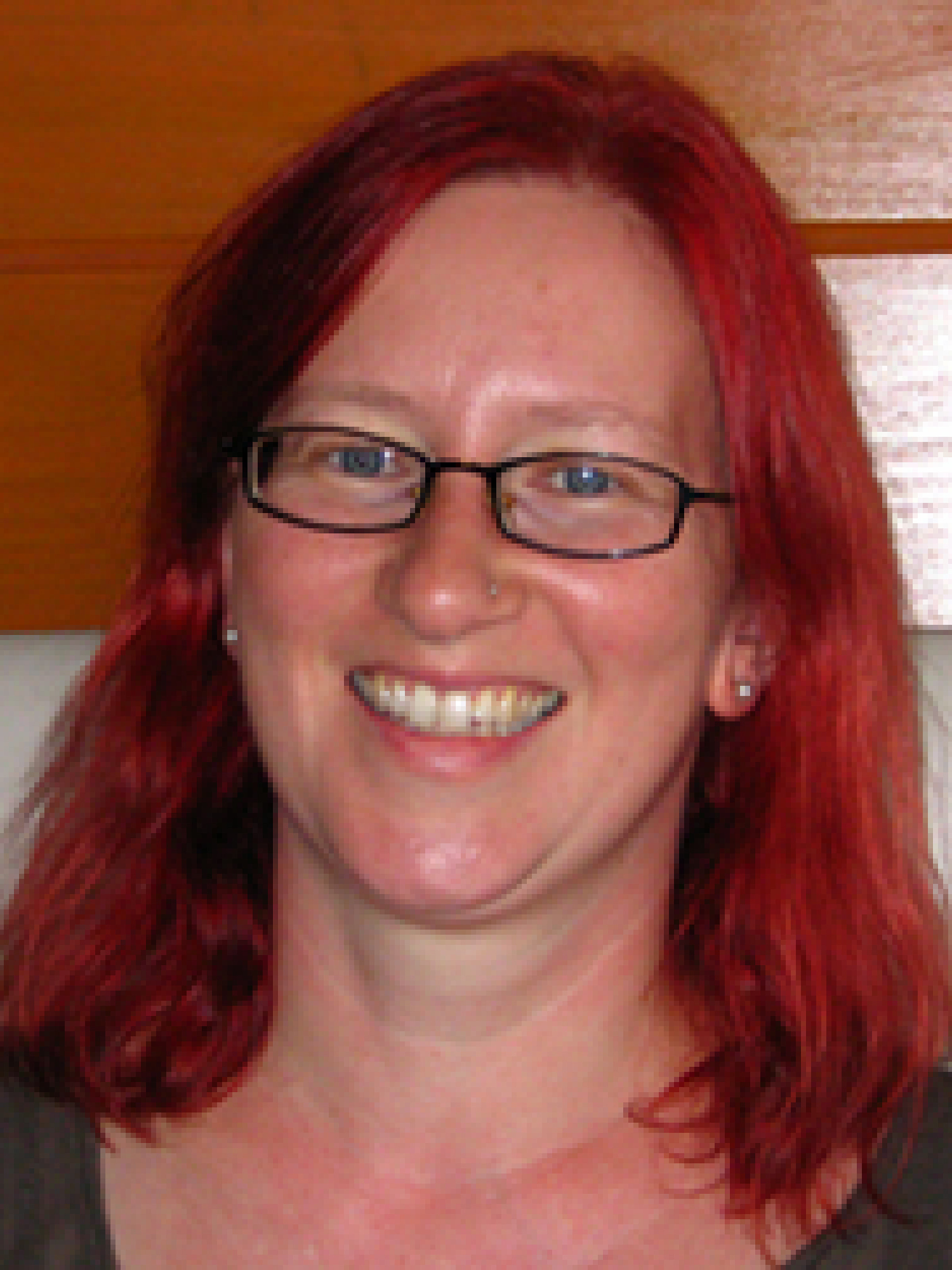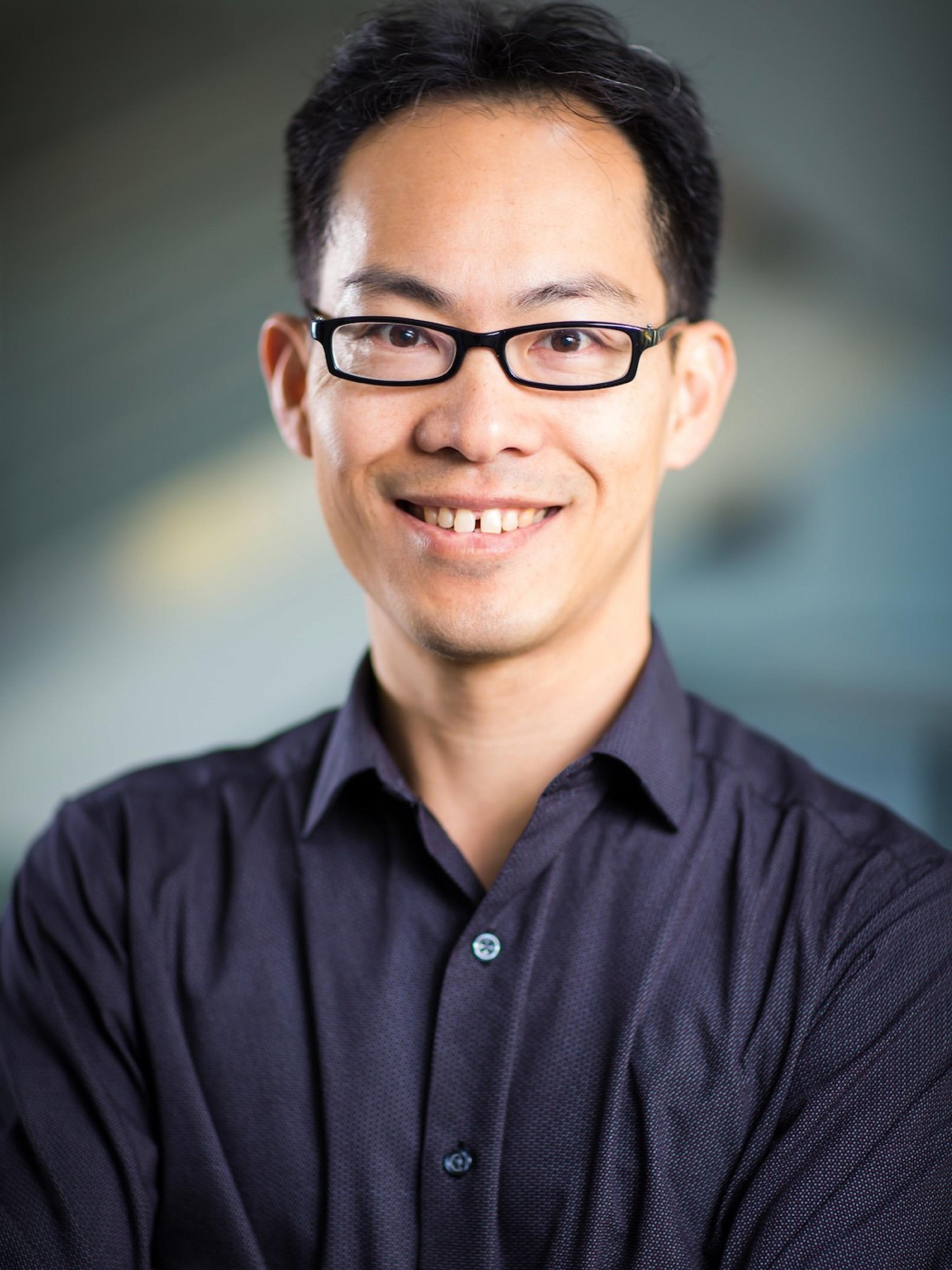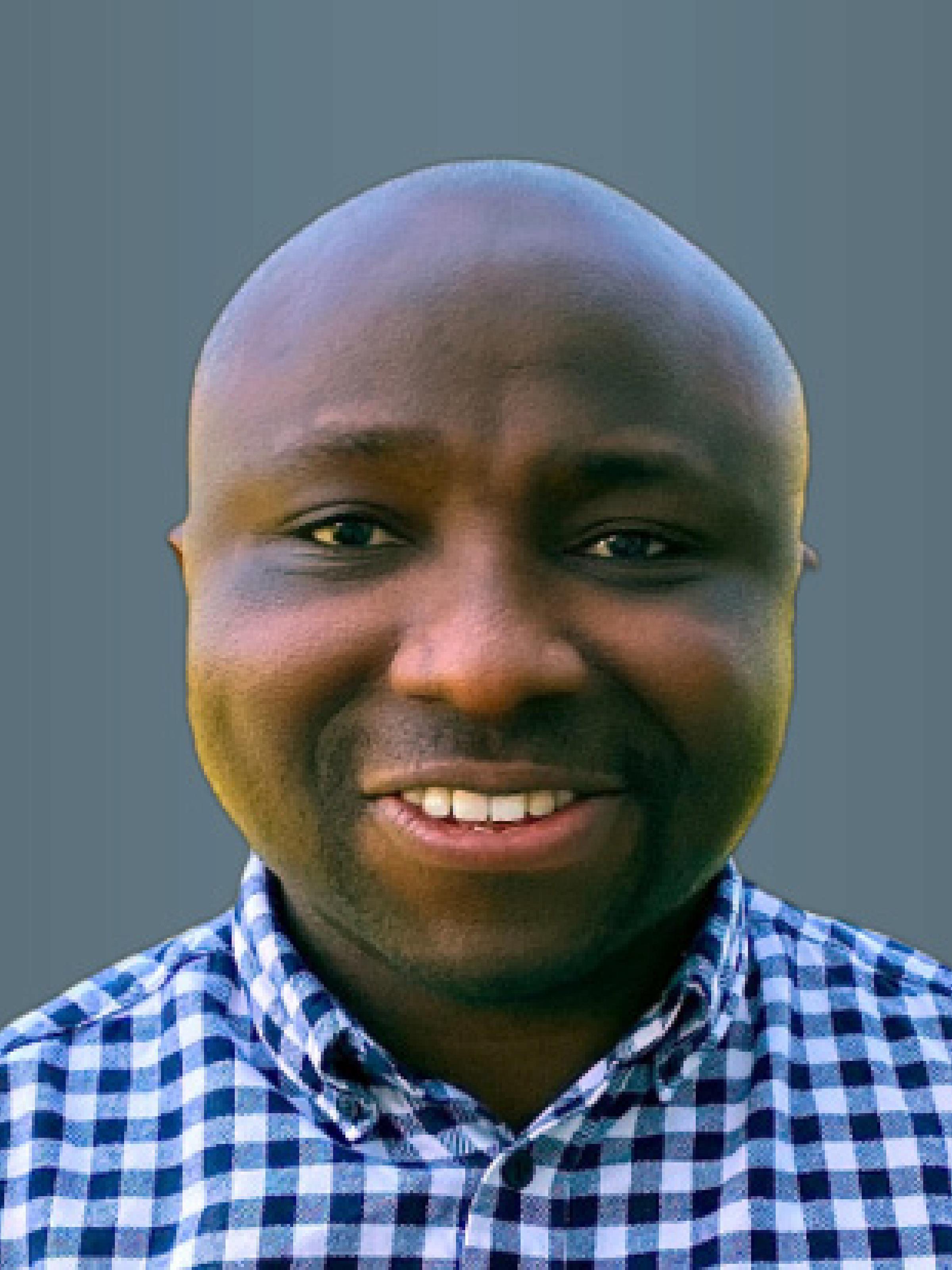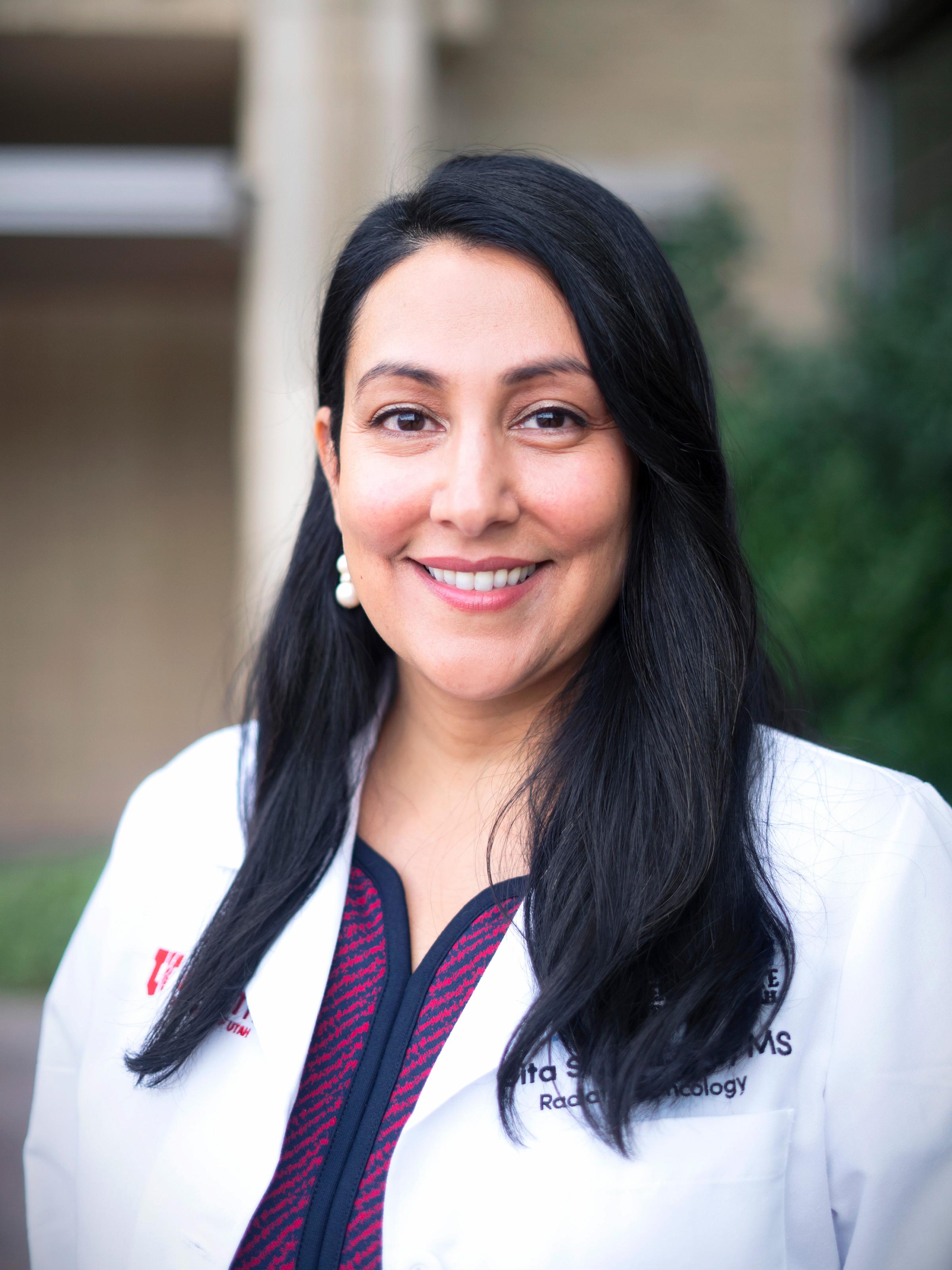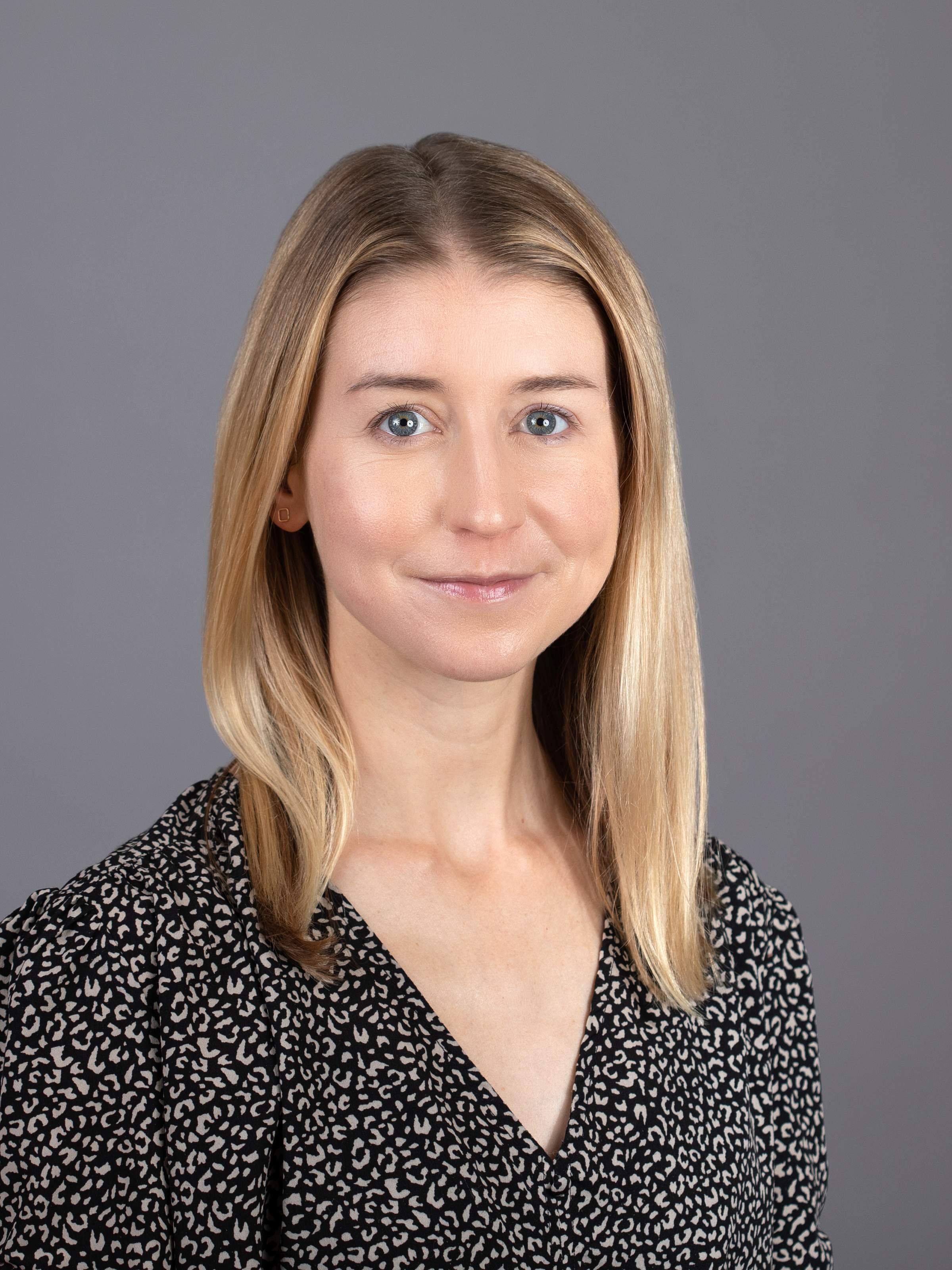
Global Health Research Affinity Group
From Utah to the World: Transforming Health Globally
3i global health researchers aim to address critical health challenges and improve health equity in low- and middle-income countries. Areas of research interest include maternal and child health, trauma and emergency systems, infectious diseases, cancer prevention and care, hypertension, and stigmatized health conditions.
Susanna Cohen, DNP, CNM, FAAN, FACNM
Dr. Susanna Cohen is a midwife and Associate Professor in the Family Planning Division of OBGYN, as well as the PI for the LIFT Simulation Design Lab and co-founder of PRONTO International. She holds degrees from the University of California, Davis, UCSF, and the University of Utah, and is a Certified Healthcare Simulation Educator specializing in low-tech high-fidelity simulation and curricular development. Her work has spanned implementation trials in multiple countries, and she has received continuous funding for her research since 2007. Dr. Cohen has been recognized with several awards for her contributions to clinical simulation and learning.
Allison Judkins, MD
Dr. Allison Judkins earned a combined BA/MD degree from the University of Missouri – Kansas City and completed her Pediatric Residency at the University of Utah, followed by a Neonatology Fellowship at Loma Linda University. She is an Assistant Professor in the Division of Neonatology at the University of Utah and is board certified in General Pediatrics and Neonatal-Perinatal Medicine. Currently, she leads research on non-invasive anemia detection in rural Nepal, funded by an NIH R21 award, and serves as Vice Chair of the Global Neonatal Advisory Committee at the American Academy of Pediatrics. Her academic interests focus on essential newborn care and strengthening health systems in low- and middle-income countries.
Elizabeth Keating, MD, MSPH
Dr. Elizabeth Keating, MD, MSPH, earned her medical degree from Mayo School of Medicine and completed specialized training in Pediatrics, Global Child Health, and Pediatric Emergency Medicine through programs at Baylor College of Medicine and the University of Utah. Currently serving as an Assistant Professor in Pediatric Emergency Medicine at the University of Utah, she is board certified in both General Pediatrics and Pediatric Emergency Medicine. Dr. Keating's research focuses on improving pediatric injury care in Tanzania through NIH-funded work, while her broader interests include global pediatric injuries, acute care in resource-limited settings, and health disparities.
Lindsay Keegan, PhD
Dr. Lindsay Keegan is an infectious disease epidemiologist focused on the transmission dynamics of infectious diseases and their impact on control efforts. She holds a PhD from McMaster University, where she modeled malaria spread in Sub-Saharan Africa. Previously a postdoctoral fellow at Johns Hopkins, she has collaborated with Médecins Sans Frontières on diphtheria outbreaks and is currently working with the WHO on cholera treatment policies. Dr. Keegan's research integrates statistical and genomic methods to enhance public health decision-making. She also serves as the Co-PI for the CDC’s Center for Forecasting and Outbreak Analytics ForeSITE Center for Integration at the University of Utah.
Deanna Kepka, PhD, MPH
Deanna Kepka, PhD, MPH, is a Huntsman Cancer Institute investigator and associate professor at the University of Utah, specializing in cancer control and population sciences. She is the founding director of the Mountain West HPV Vaccination Coalition and focuses on addressing healthcare access gaps for vulnerable populations, particularly in cervical cancer prevention. With over 82 peer-reviewed publications, she has received multiple awards for her contributions to public health and has secured over five million dollars in research funding. Kepka has worked globally to promote health and improve access in various countries, including Jamaica, Guatemala, and Uganda.
Tracey Lamb, PhD
Dr. Tracey Lamb is a Professor of Pathology at the University of Utah, leading an NIH-funded lab that investigates children's immune responses to malaria parasites, with continuous funding exceeding $12 million since 2012. Her research extends internationally through her work as an Adjunct Scientist at the Centre Pasteur Cameroon, where she collaborates on developing novel therapeutic strategies for malaria treatment. A distinguished leader in her field, Dr. Lamb serves as an Academic Editor for PLoS Pathogens, has authored an educational textbook on parasitic immunity, and was recently appointed to the Jefferson Science Fellowship from the National Academy of Sciences (class of 2024-2025).
Ellen Leffler, PhD
Dr. Leffler is an evolutionary geneticist working to understand genetic adaptations to malaria in human populations and genetic adaptations of malaria parasites to their primate hosts. She obtained a PhD in Human Genetics from the University of Chicago and completed postdoctoral research at the University of Oxford. Her NIH-funded research aims to probe the genetics of adaptation by developing new approaches and datasets to study loci under recent pathogen-driven selective pressures in humans and non-human primates. Her current projects involve research collaborations in Cameroon, Oman, and Thailand.
Daniel Leung, MD
Dr. Daniel Leung is a physician-scientist and the Dr. Thomas D. Rees and Natalie B. Rees Presidential Endowed Chair in Global Medicine at the University of Utah, where he co-directs the Immunology, Inflammation, and Infectious Disease Initiative. Following his clinical training and four years of research in Bangladesh, he has built an extensive research program studying diarrheal diseases, with continuous NIH funding since 2012 supporting projects across multiple countries. His prolific academic career includes mentoring over 50 research trainees, publishing more than 110 peer-reviewed papers, and securing diverse funding from major institutions like the Gates Foundation and Wellcome Trust.
Schola Matovu, PhD
Dr. Schola Matovu is an Assistant Professor and Interim Director of Global and International Health at the University of Utah College of Nursing, where her research focuses on supporting grandparent-caregivers affected by HIV/AIDS in Uganda and Utah. She co-founded the Nurse-to-Nurse Global Initiative to empower nurses in under-resourced settings and has received funding from institutions including the National Institute of Mental Health and Fogarty International Center. Through her work designing culturally appropriate interventions, Dr. Matovu strives to address socioeconomic, gender, and health inequalities affecting marginalized populations.
Olutobi (Tobi) Adekunle Sanuade, PhD
Dr. Sanuade earned his PhD and MPHIL in Population Studies from the University of Ghana before holding prestigious positions at Northwestern University and University College London, where he was a member of The Lancet Nigeria Commission. At Northwestern University, he led a significant hypertension control program across Nigerian primary healthcare centers, and since joining the University of Utah in 2022, he has continued his work on improving chronic disease management and health equity across multiple African countries and the UK.
Gita Suneja, MD
Dr. Gita Suneja is an Associate Professor of Radiation Oncology at the University of Utah School of Medicine and Senior Director of Programs to Enhance Diversity at the Huntsman Cancer Institute, specializing in breast and gynecologic malignancies. After completing her medical training at Brown University and the University of Pennsylvania, she has developed an NCI-funded research program focused on cancer treatment outcomes for people living with HIV, both in the US and globally. She currently co-chairs the National Comprehensive Cancer Network Guidelines Panel on Cancer in People with HIV and leads multiple national and international collaborations to enhance health equity and cancer outcomes worldwide.
Katharine Walter, PhD
Katharine S. Walter, PhD is an infectious disease epidemiologist whose research leverages pathogen evolution to study pathogen transmission and epidemiological dynamics. Her NIAID-funded K award focuses on M. tuberculosis transmission in high incidence settings in Brazil and Paraguay and pathogens linked to rapid climate change in the American West. Her goal is to collaborate closely with public health to identify approaches that interrupt transmission and improve health equity. Alongside her research, she writes about infectious disease and environmental change for The Nation, Nautilus, and elsewhere.
Melissa Watt, PhD
Dr. Melissa Watt, who holds a PhD in Public Health from UNC and previously directed Duke's Global Health Masters program, joined the University of Utah in 2020 with a 15-year track record of NIH-funded global health research. Her work focuses on supporting patients with stigmatized health conditions through a long-standing partnership with Tanzania's Kilimanjaro Christian Medical Center. In addition to her research, she directs the Honors Integrated Minor in Health and leads a summer learning abroad program in South Africa.
The University of Utah Multidisciplinary Global Health Research Grand Rounds is a seminar series sponsored by the Center for Global Surgery, 3i and the Office of Global Health Education. Held on select Wednesdays from 12:00 - 1:00 PM, this event is held in a hybrid capacity. Make sure you're added to the 3i listserv if you want to receive weekly newsletters with upcoming 3i related events, including Global Health Research Grand Rounds.
Not able to attend? Recordings have been made available to view here.
- Daniel Leung, MD, MsC, Receives NIH Grant for Improving Antibiotic Stewardship


